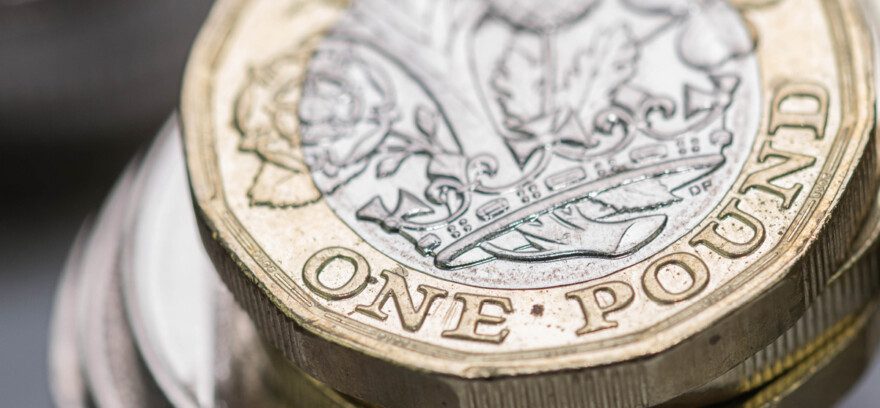UK markets continued their rebound this week, with the FTSE 100 Index rising by 1% to trade at 7,700 points at the time of writing.
The British pound rose to its highest level against the US dollar in 10 months, helped by recent signs of resilience in the UK economy that have bolstered investor expectations of further rises in interest rates.
Sterling has been the best-performing developed market currency so far in 2023, having rallied 4.3% against the dollar amid turmoil in the banking sector in Europe and the US, and an unexpected jump in the annual rate of UK consumer price inflation from 10.1% in January to 10.4% in February.
UK construction growth eased in March, with commercial building work growth slowing from a 9-month high and housing activity contracting the most since May 2020. Firms cited fewer opportunities due to rising borrowing costs and a subsequent slowdown in new house building projects.
Input cost inflation eased to the second slowest rate since November 2020, but remained high overall. Business sentiment in the UK has begun to recover, hitting a one year high in March, recovering from the two and a half year low seen in December.
Commodity markets
In the commodity markets, Brent Crude futures traded around $84 per barrel on Thursday, after surging earlier in the week, underpinned by a surprise production cut of more than 1 million barrels per day from OPEC+, which will take place from May until the end of 2023.
The US Energy Information Administration also announced on Wednesday that Crude inventories fell by a more than expected 3.7 million barrels in the last week to 470 million barrels. Weak economic data out of the US kept a lid on prices as the services sector growth slowed to a 3-month low, private companies added fewer jobs than expected and factory orders fell for the second month, suggesting that the economy could be cooling.
Gold traded around $2,020 an ounce on Thursday to levels not seen since March last year, as investors anticipate that major central banks would need to slow down their interest rate tightening cycle to prevent a global recession. A weaker dollar and safe haven demand also boosted the appeal of gold on the back of recession fears.
Equity markets
US equity futures fell on Thursday as investors contemplated the impact of a cooling labour market on economic growth and inflation. In Wednesday’s regular trading session, The Dow Jones Industrial Average closed 0.24% higher, while the S&P 500 Index lost 0.25% and the Nasdaq Composite fell 1.09%.
US job openings dropped sharply in February, in a sign that the labour market continues to soften as the Federal Reserve raises interest rates. There were 9.9 million vacancies in February, down from 10.5 million in January, according to the US Department of Labour’s Job Openings and Labour Turnover Survey released on Tuesday.
This is the first-time job openings have fallen below 10 million since May 2021. The ratio of open jobs to unemployed people, one of the data points most closely tracked by Federal Reserve officials, fell to 1.7 from 1.9. US government debt rallied this week, pushing Treasury yields to their lowest level in 7 months, after investors digested the weaker than expected reports on the labour market.
Payroll processer ADP said private businesses created 145,000 jobs in March, below forecasts of 200,000. Analysts will be looking to the more influential non-farm payroll figures on Friday, to provide further clarity. Investors now see a more than likely chance that the fed will hold interest rates at its next meeting in May, although markets are still pricing in a moderate chance of a quarter percentage point rise.
Additionally, the International Monetary Fund warned on Wednesday that rising geopolitical tensions, mainly between the US and China, risk damaging the global economy, potentially hitting global output by 1% in 5 years and 2% over the long term.
The information provided in this communication is not advice or a personal recommendation, and you should not make any investment decisions on the basis of it. If you are unsure of whether an investment is right for you, please seek advice. If you choose to invest, your capital may be at risk and the value of an investment may fall as well as rise in value, so you could get back less than you originally invested.
